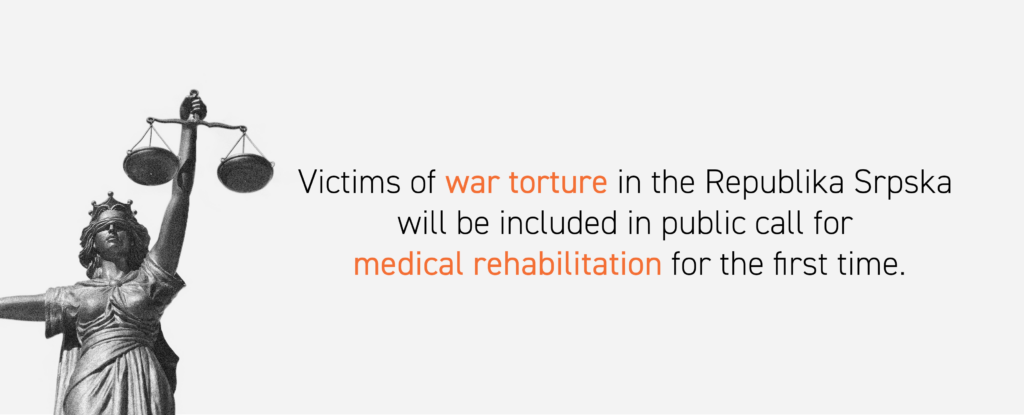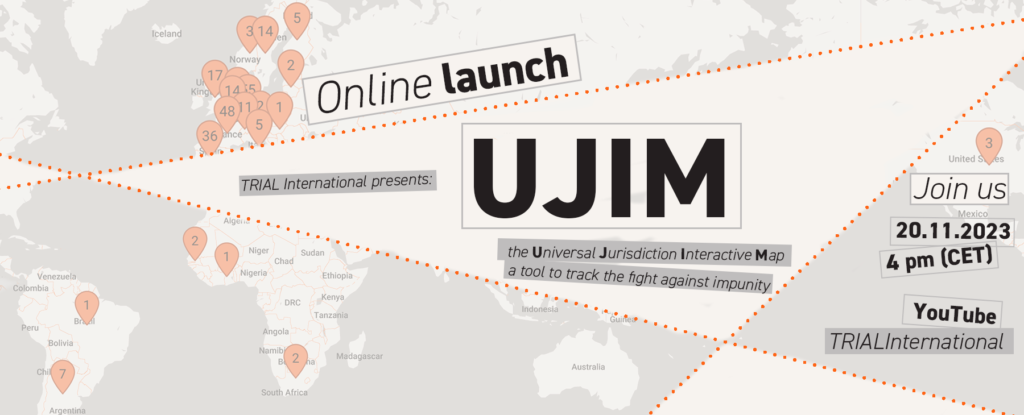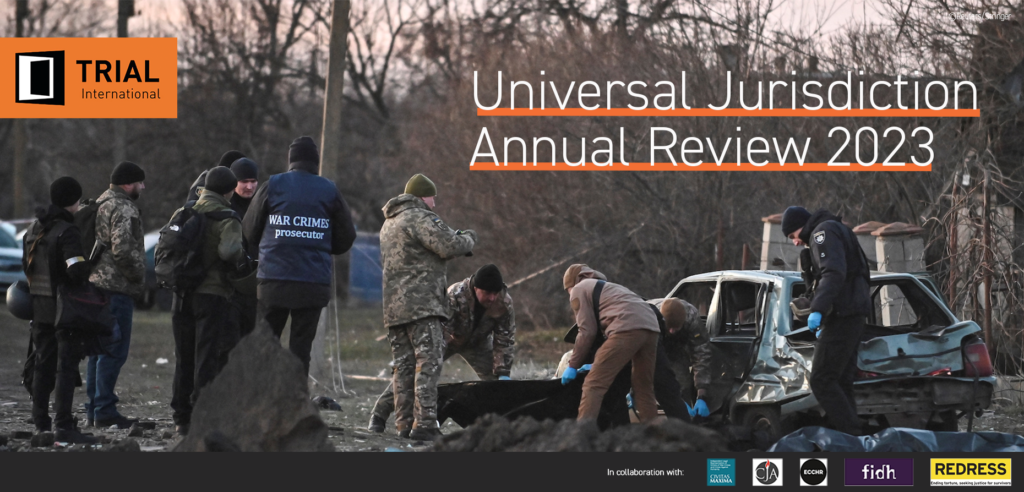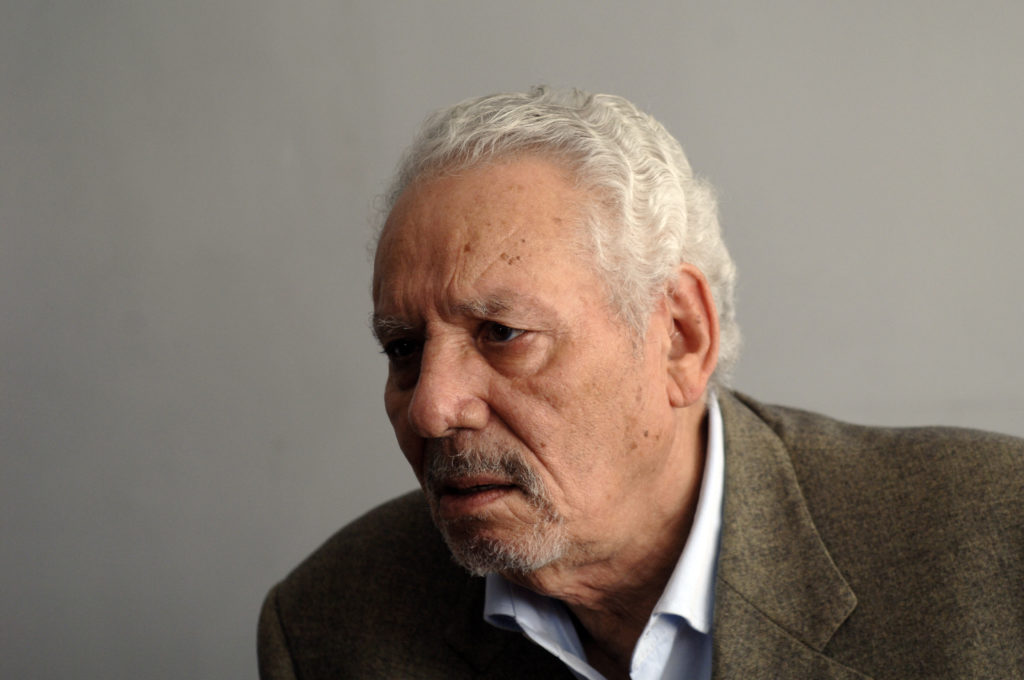Naït-Liman case: Grand Chamber rejects torture victim’s claim
This morning, the Grand Chamber of the European Court of Human Rights (ECtHR) dismissed a torture victim’s request that his host country grant him access to court to claim reparations from his torturer. However, it leaves the door open for future developments. TRIAL International, which supported Mr. Naït-Liman in his quest for justice for almost 15 years, regrets a missed opportunity to reinforce victims’ rights in the fight against torture.
The Grand Chamber of the ECtHR handed down its final ruling on the Naït-Liman case. Mr. Naït-Liman alleged that Switzerland had violated Article 6 § 1 of the European Convention on Human Rights, which guarantees the right to access a court to assert one’s rights. The facts date back to April 1992 when Mr. Naït-Liman, a Tunisian national who has since become a Swiss citizen, was arbitrarily detained and tortured for 40 days by the Tunisian authorities. Having obtained asylum in Switzerland and unable to seek justice in his country of origin, Mr. Naït-Liman, with the support of TRIAL International, filed a civil case before Swiss courts in 2003 against his torturer, former Tunisian Interior Minister Abdallah Kallel. The complaint aimed to secure reparations for the material and moral damage Mr. Naït-Liman endured. The case went all the way to the Swiss Federal Court before being submitted to the ECtHR.
After being initially rejected by the Court in 2016, the case was referred to the Grand Chamber for final judgment. This morning, the Grand Chamber recognized that Switzerland had a large margin of appreciation in the manner in which it regulates access to its courts, and considered that the restrictive approach of the Swiss courts did not exceed this margin. However, it commended “the efforts by States to make access to a court as effective as possible for those seeking compensation for acts of torture.” Importantly, the judgement does not close the door on future developments in this dynamic legal field. On the contrary, it invited the 47 States of the Council of Europe “to take account in their legal orders of any developments facilitating effective implementation of the right to compensation for acts of torture.”
This is the first time the Court considered such a question. Mr. Naït-Liman’s lawyer, François Membrez, notes: “The fact that Mr. Naït-Liman’s request was examined by the Court’s Grand Chamber is an undeniable step forward. We must now rely on the courage of other victims to go as far as Strasbourg so they may participate in the development of the jurisprudence.”
TRIAL International observes that in spite of a number of European States’ firm stance to combat torture, barriers to victims’ rights remain. “Given the impossibility of seeking justice in the country where the torture occurred, judicial authorities of the host country must allow victims of torture to submit their claims for reparation. We call on European countries to take action to ensure that the protection they afford to refugees victim of torture also extends to legal remedies,” adds Philip Grant, Director of TRIAL International and counsel for the applicant before the Court. Mr. Naït-Liman also reacts to the verdict: “my fight belongs to all victims of torture who don’t know where to turn to find truth and reparation. Europe ought to play its role in breaking the cycle of impunity and victimisation.”
CHRONOLOGY OF THE CASE
April 1992: While living in Italy, Mr. Abdennacer Naït-Liman is arrested and handed over to the Tunisian authorities. For forty days, he is arbitrarily detained and submitted to diverse forms of torture.
1995: Mr. Naït-Liman is granted asylum in Switzerland.
July 2004: With the support of TRIAL International, Mr. Naït-Liman begins legal proceedings aimed at securing compensation for the injuries he sustained as a result of the torture.
September 2005: The Geneva Tribunal rules that the petition is inadmissible.
September 2006: The Geneva Court of Justice rejects Mr. Naït-Liman’s appeal.
October 2006: Mr. Naït-Liman appeals to the Swiss Federal Court, wanting them to acknowledge that an “emergency jurisdiction” exists in Geneva, as permitted by the Federal Code in private international law.
May 2007: The Swiss Federal Court rejects the appeal because of an insufficient connection.
November 2007: Mr. Naït-Liman submitts an application to the ECtHR, asking it to recognize that he suffered a violation of the European Convention on Human Rights.
June 2016: By a vote of 4 to 3, the European Court of Human Rights narrowly rejects his application. The Court recognizes that Switzerland had the right to limit Mr. Naït-Liman’s access to civil proceedings.
November 2016: A panel of judges accepts the request of Mr. Naït-Liman and TRIAL International for the case to proceed to the Grand Chamber of the Court.
June 2017: The Grand Chamber of the Court holds a public hearing.
March 2018: The Grand Chamber of the Court renders its final verdict rejecting Mr. Naït-Liman’s request.








